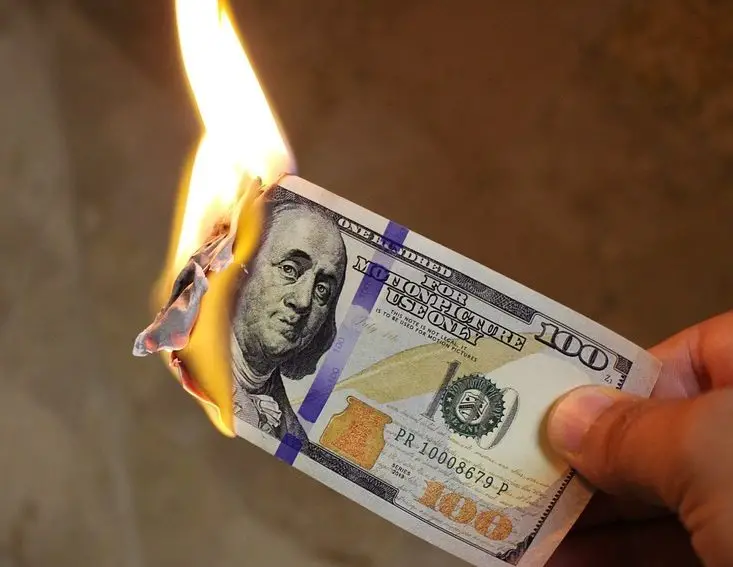According to a Reuters report on Thursday, nearly all of China’s purchases of crude oil, gas, coal, andcertain metals from Russia are now settled in Chinese yuan, according to trading executives.
For over a decade, China has been seeking a wider use of its currency in international trade settlement, however the level of global settlements in yuan had remained low, until recently. The nation’s currency, also referred to as the renminbi (RMB) has occasionally been used in big Chinese commodity deals, however most global energy and metal trading is priced in dollars.
The global move away from international settlements in dollars was accelerated by the sweeping sanctions imposed on Russia by Western powers over the conflict in Ukraine. Russia is a major energy producer and exporter, however due to the sanctions, it needed to settle its trade in currencies other than the US dollar.
One source told Reuters, “It becomes tremendously complicated dealing in USD under the price cap regime. It means a lot more compliance work for the banks.” Although China opposed the unilateral imposition of sanctions on Russia, it wishes to avoid being hit with secondary sanctions from the US and its allies.
The Western embargoes on Russian oil exports of oil and fuel products shifted Russia’s shipments to Asian nations such as China, speeding up the transition away from dollar settlements and to settlements in yuan. Whereas Russia settled 4% of its import settlements in yuan in 2021, in 2022 it settled 23% of its import settlements in yuan.
Chi Lo, senior investment strategist at BNP Paribas Asset Management said, “For now, and for the foreseeable next few years, I think the trade using RMB will predominantly be used for commodity and energy trade.”
He added, “This is a very long-term development stretching into the coming one or two, even three decades” as more countries move away from the dollar and to the yuan, “especially after they’ve seen what the US-led sanctions against Russia have done.”
Chinese customs data has shown that the nation’s commodity imports from Russia have soared 52% in value terms last year, as shipments of crude oil and fuel oil hit $60.3 billion.
Reuters noted that almost all crude exports from Russia to China, including some fuel oil, are settled in yuan, according to trading executives with direct knowledge of the issue.
One executive said, “All seaborne Russian oil sales to China are now settled in renminbi since the price cap, sidelining the last small number of banks that were handling US dollars.”
In March, according to calculations made with data from the State Administration of Foreign Exchange, the yuan surpassed the dollar to become the most used currency in China’s foreign trade settlement.
The yuan was used in 48.4% of all cross-border settlements, showing a strong movement away from the dollar.

